Residency training is not intended to award new academic degrees.
The Ministry of Education and Training (MOET) is in the process of developing and completing the draft Law on Higher Education (amended). The draft Law is being consulted with the National Assembly and is expected to be approved in this 10th session.
In report No. 2028 sent to National Assembly delegates, explaining and receiving opinions on the draft Law on Higher Education (amended), the Ministry of Education and Training stated that programs such as residency, specialist I, specialist II... are post-graduate professional training, managed by the Ministry of Health in terms of professional content, competency standards and assessment of practice facilities, aiming to form specialized practice capacity (similar to specialized training programs in finance, auditing...), not aiming to grant new academic degrees (such as master's, doctorate) in the National Education System Framework or National Qualifications Framework.
The Ministry of Health is also not the State management agency of the national diploma system.
"Completely converting the program as a postgraduate level in the National Qualifications Framework will disrupt the consistency of the system of qualifications and degrees, the academic significance of master's and doctoral degrees, and at the same time cause difficulties in diploma recognition, credit conversion and mutual recognition in the international educational environment," the Ministry of Education and Training stated.
In addition, the Ministry of Education and Training believes that medical specialist training is closely linked to standards of professional competence, professional ethics and patient safety - factors that can only be verified in a professional practice environment, under the supervision of a professional council and qualified medical facilities.
These requirements cannot replace the usual academic quality assurance mechanisms such as program accreditation or output standards or vice versa. If specialized training programs in medicine are transferred to the post-graduate education system of the national education system, accreditation and assessment risk being separated from the practical practice environment, leading to a decline in professionalism, training effectiveness and potential risks.
Resident doctors are the elite, cannot be considered as a practicing certificate
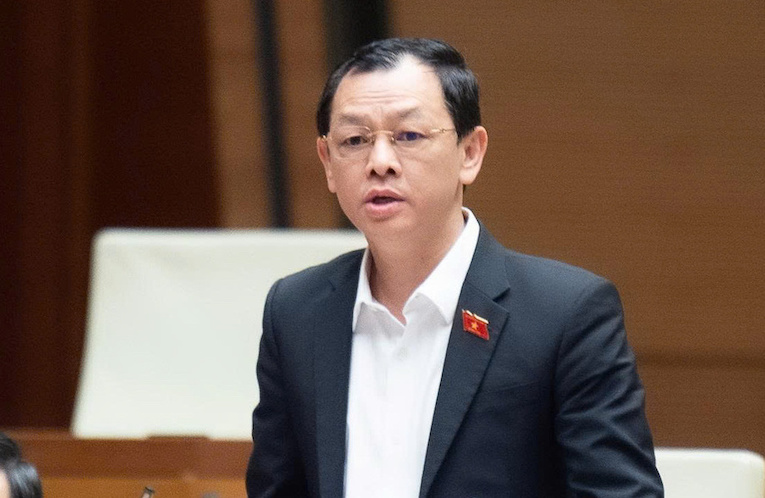
Delegate Nguyen Tri Thuc (Deputy Minister of Health) said that resident doctors are the elite and cannot be considered as a practice certificate. Photo: National Assembly Media
Regarding the provisions in the draft Law on Higher Education (amended), National Assembly delegate Nguyen Tri Thuc (Deputy Minister of Health) said that it is not correct to consider training of specialist doctors, specialist doctors, and resident doctors as practice certificates. He affirmed that they are the elite and great intellectuals of the medical industry.
The delegate analyzed and clarified: Currently, after graduation, doctors will be divided into two groups. The first group will follow the teaching direction at universities, tending towards masters and doctorates. The second group will work at hospitals, learn practical skills and will study specialty 1, specialty 2 and residency.
The delegate affirmed that the resident force is the elite of the elite in the medical industry. Therefore, considering specialty 1, specialty 2 and residency as training for practice certificates is completely incorrect.
"This is an incorrect perception of the core force practicing in the medical industry," he said.
Sharing the same view, delegate Tran Khanh Thu (Thai Binh delegation) said that the comments of the Ministry of Education and Training are unfair to the postgraduate training system in the medical field.
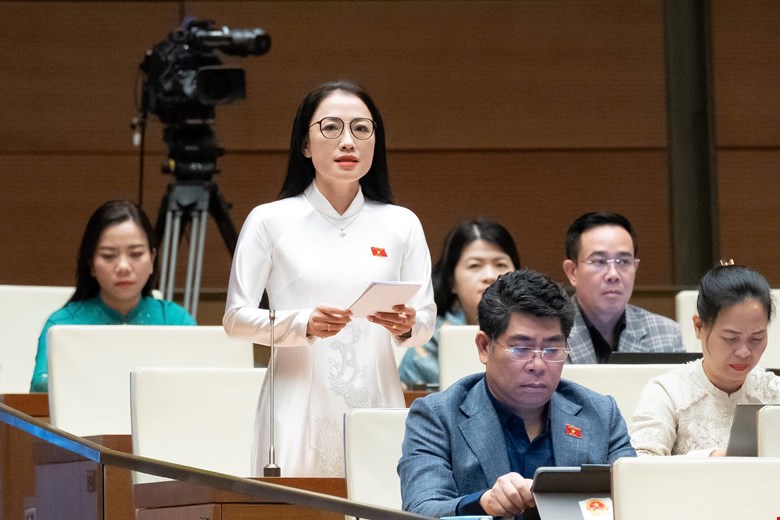
Delegate Tran Khanh Thu proposed adding postgraduate training degrees in the health sector to the national diploma system. Photo: National Assembly Media
She believes that the structure of postgraduate training programs in health fields is completely consistent with academic training programs and fully complies with current training regulations.
Therefore, the delegate expressed: "The health sector earnestly recommends adding postgraduate training degrees in the health field to the national diploma system so that more than 40,000 health workers have sufficient legal basis for recognition of their trained degrees and move towards international standards."
Delegate Tran Nhi Ha (Hanoi delegation) also affirmed the view that training medical human resources, especially at the specialized level, is not only academic training but must be closely linked to clinical practice at medical examination and treatment facilities.

Delegate Tran Nhi Ha (Hanoi delegation).
"Specialized training cannot be replaced by master's or doctoral training programs. Currently, the system trains more than 7,000 specialized doctors each year, forming a core force for the health sector," said the delegate.
Affirming that this is a sustainable and effective model that needs to be fully and appropriately recognized by law, the delegate raised the issue that if we do not clearly establish the legal position of specialized training in the law, the Vietnamese medical team will face difficulties in the integration process, and the competitiveness of national medical resources and human resources will also be affected,...
In Vietnam, postgraduate specialized training in the health field is being implemented in addition to the master's and doctoral forms, there are also three forms: Specialist Level I (CKI), Specialist Level II (CKII) and Resident Doctor (BSNT).
This model was inherited from the French system and has been maintained for over 50 years (BSCNT, CKI since 1972; BSCKII since 1974), managed by the Ministry of Health and organized by medical and pharmaceutical universities.
Source: https://laodong.vn/giao-duc/bac-si-noi-tru-la-tinh-hoa-nhung-khong-duoc-cong-nhan-trong-he-thong-van-bang-1612918.ldo








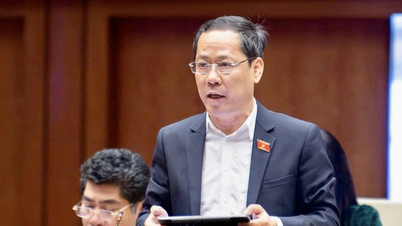

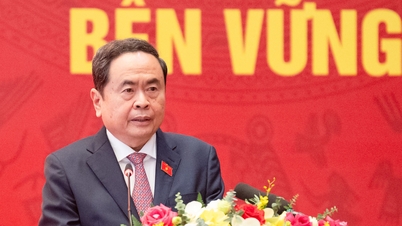

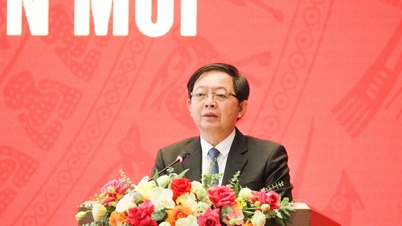

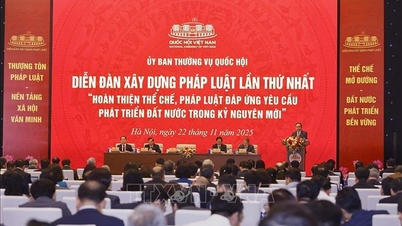






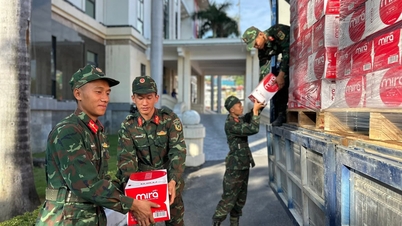

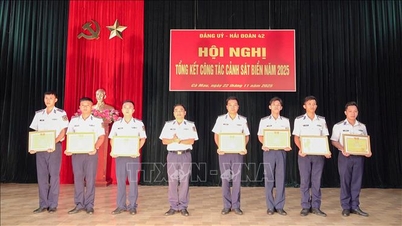
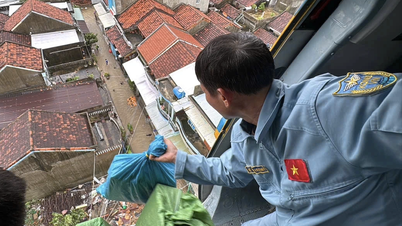
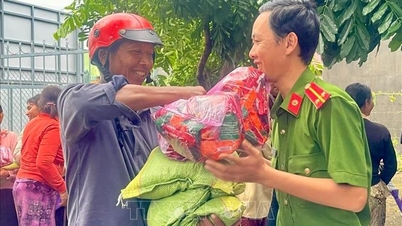






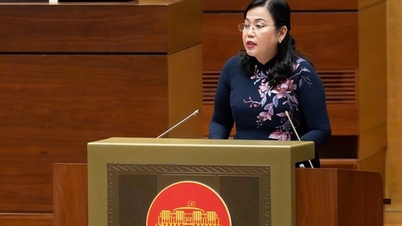


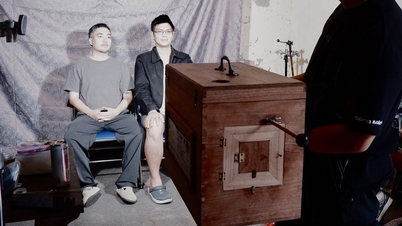

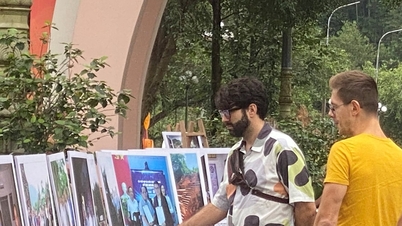



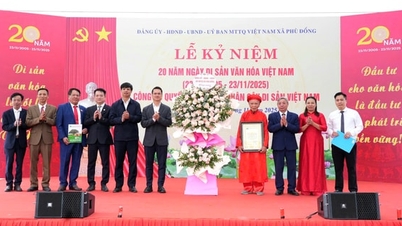




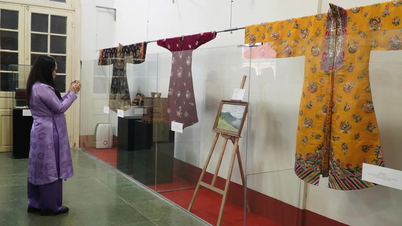








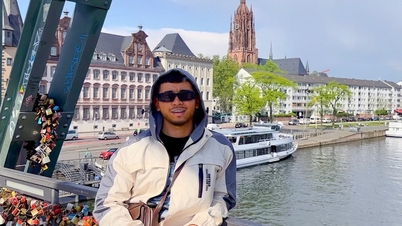

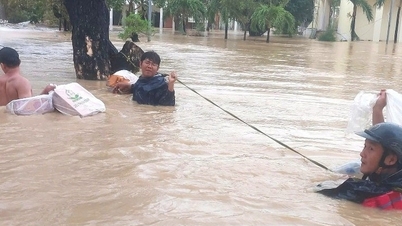














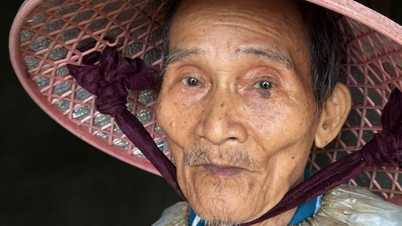
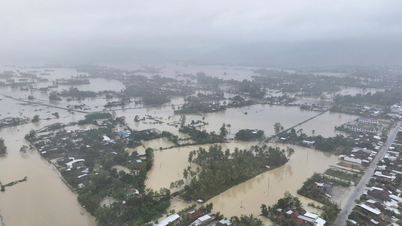

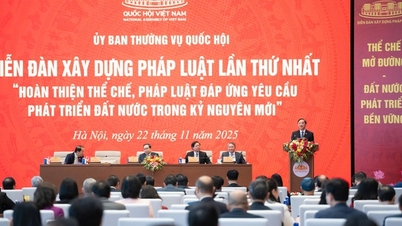


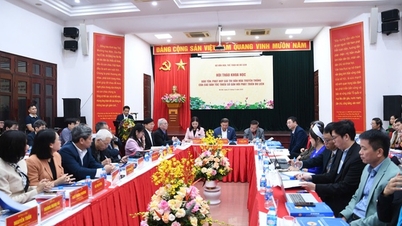



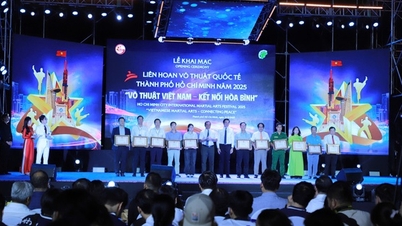
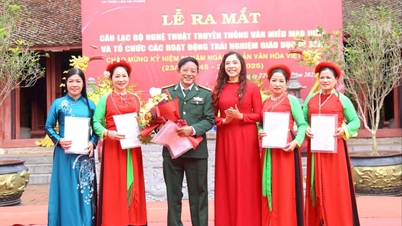
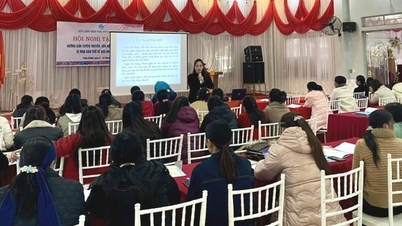



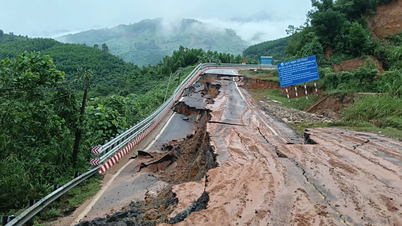


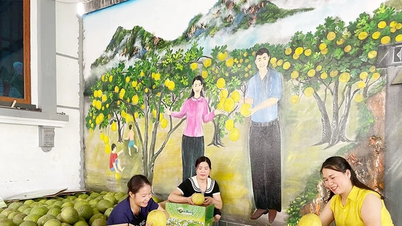
















Comment (0)